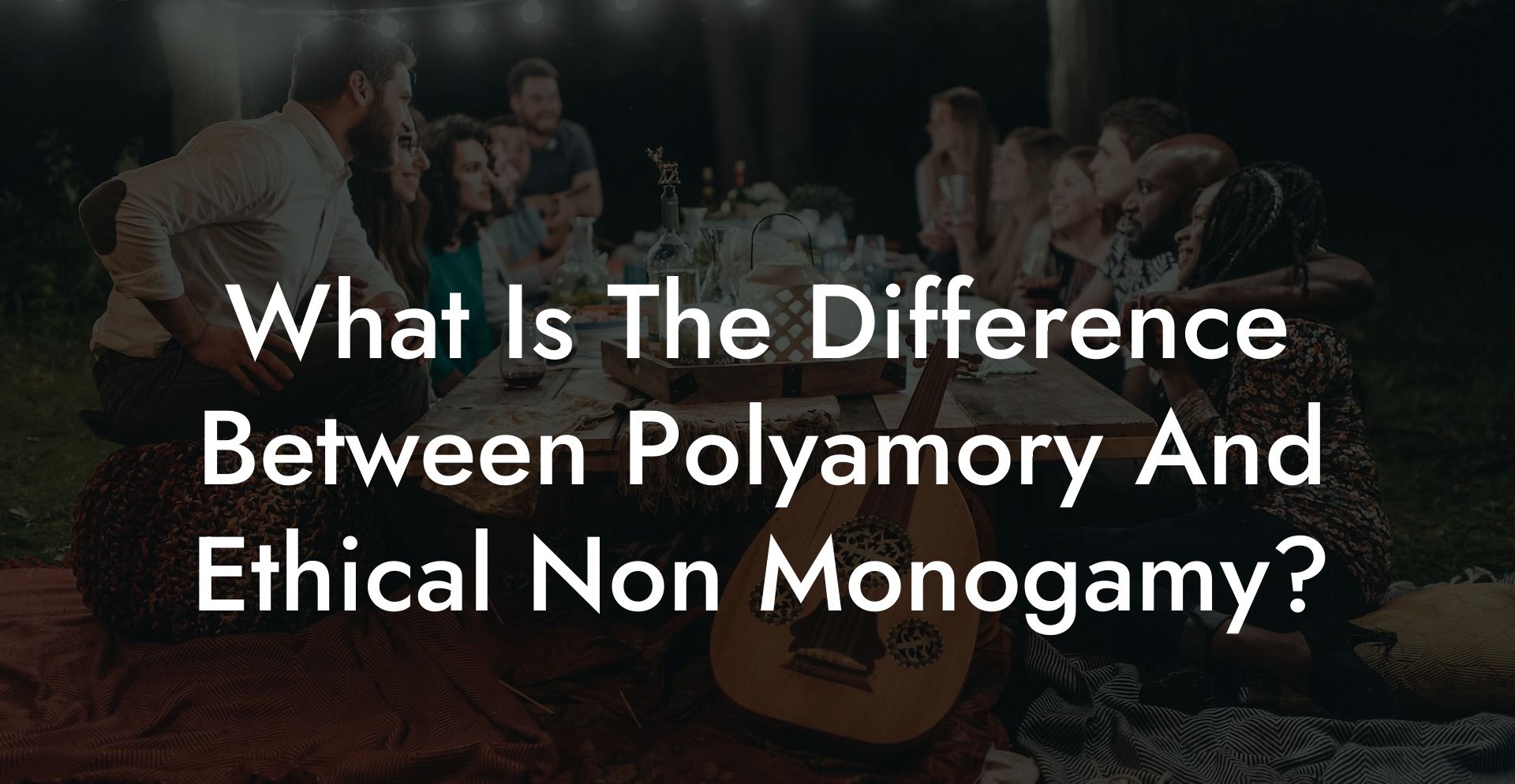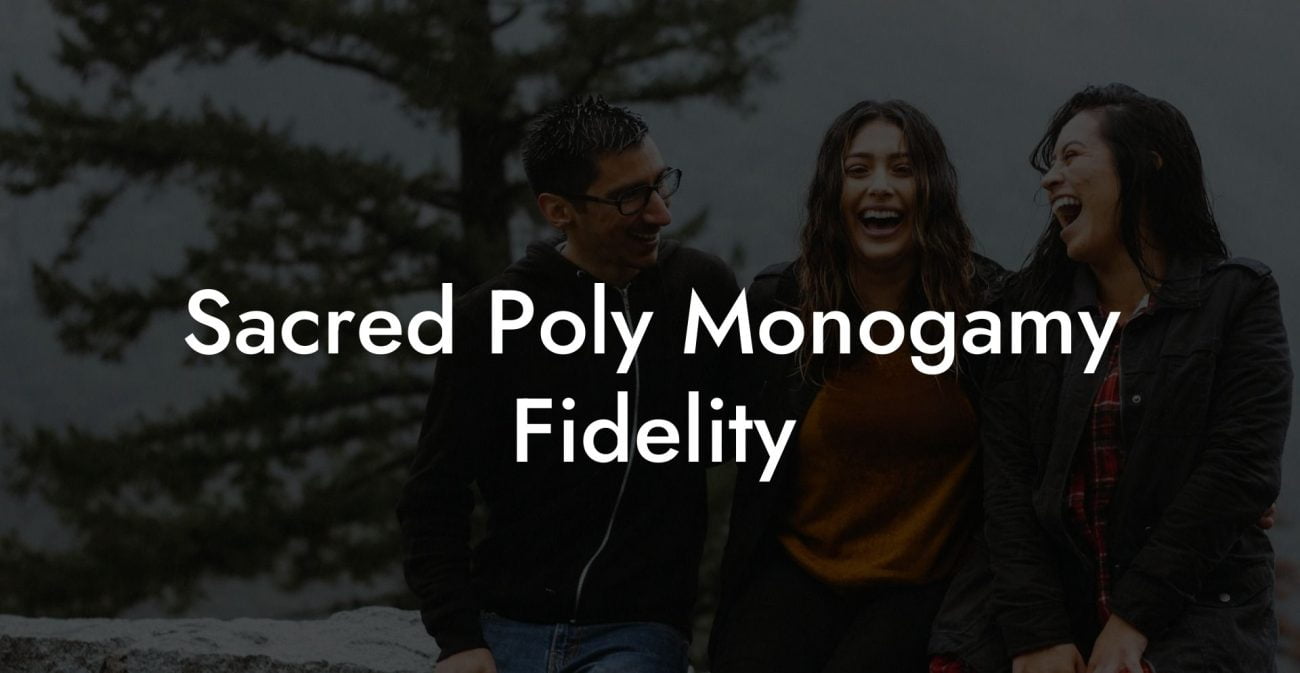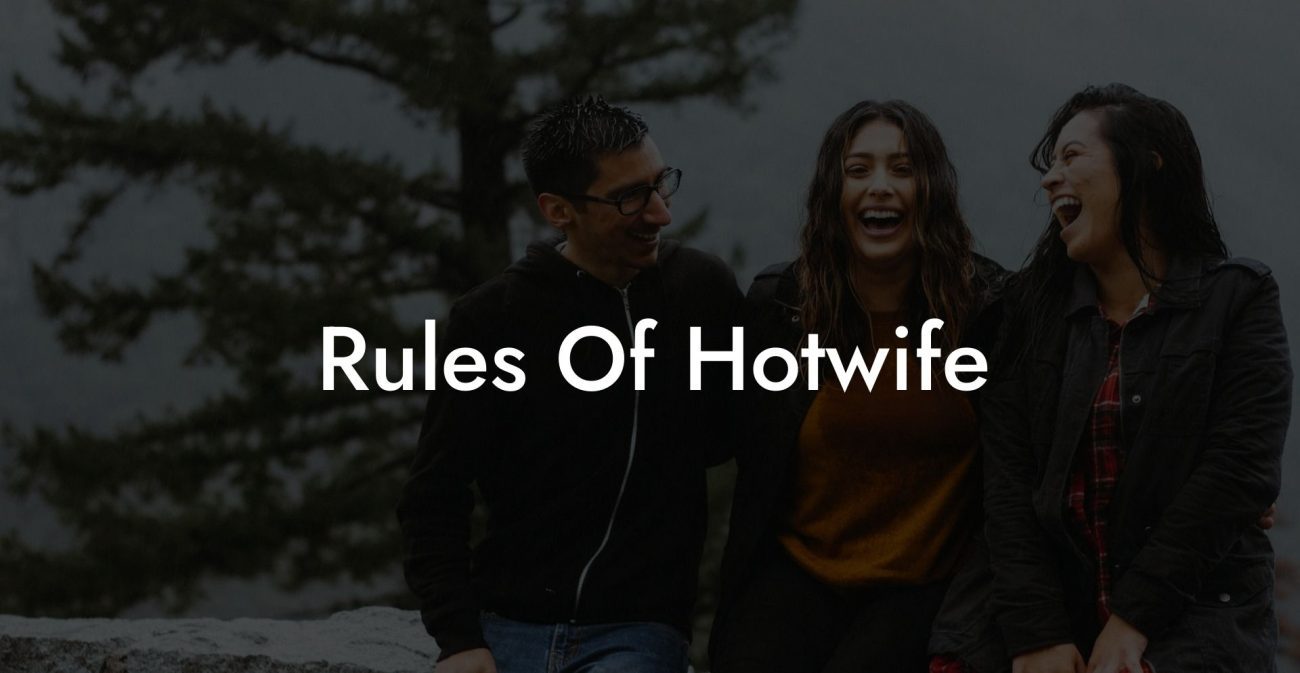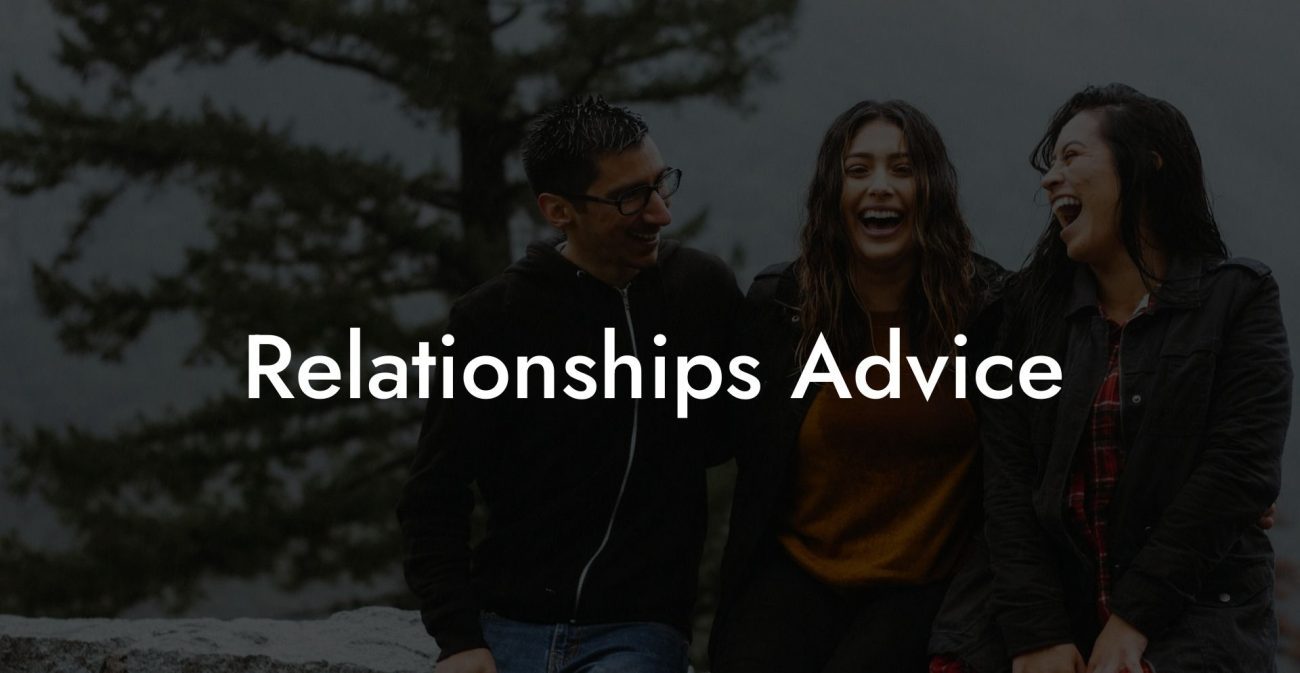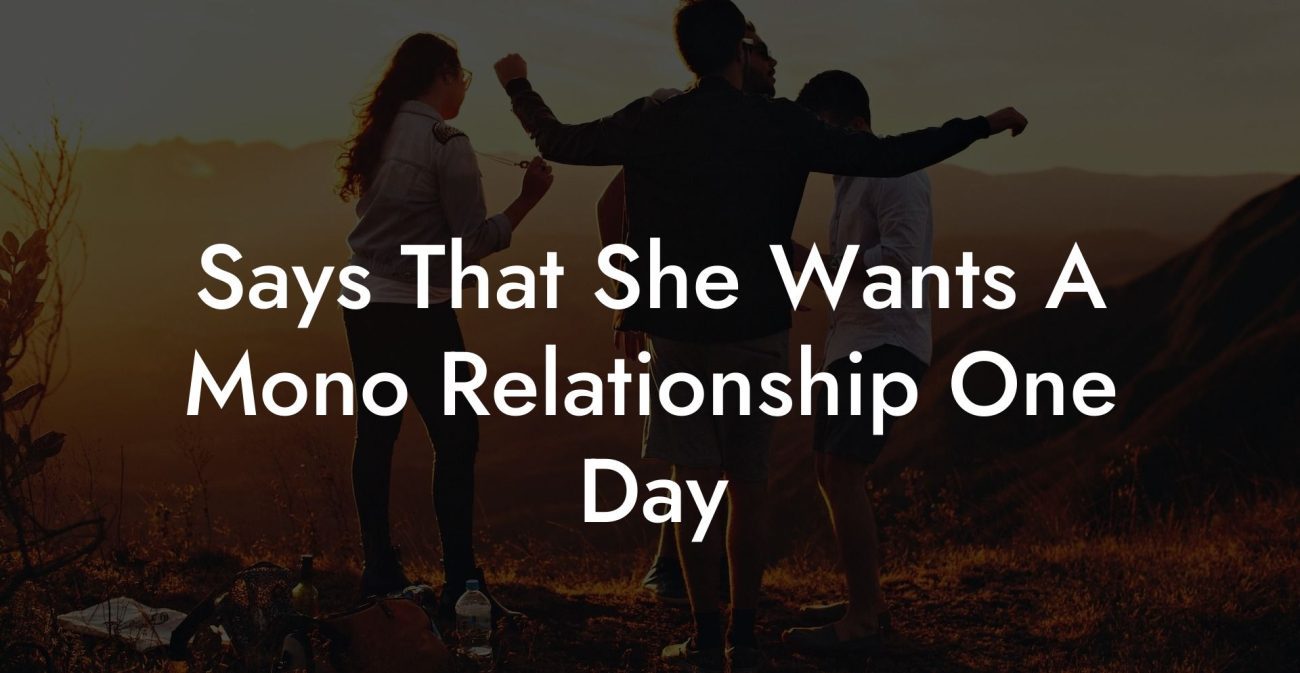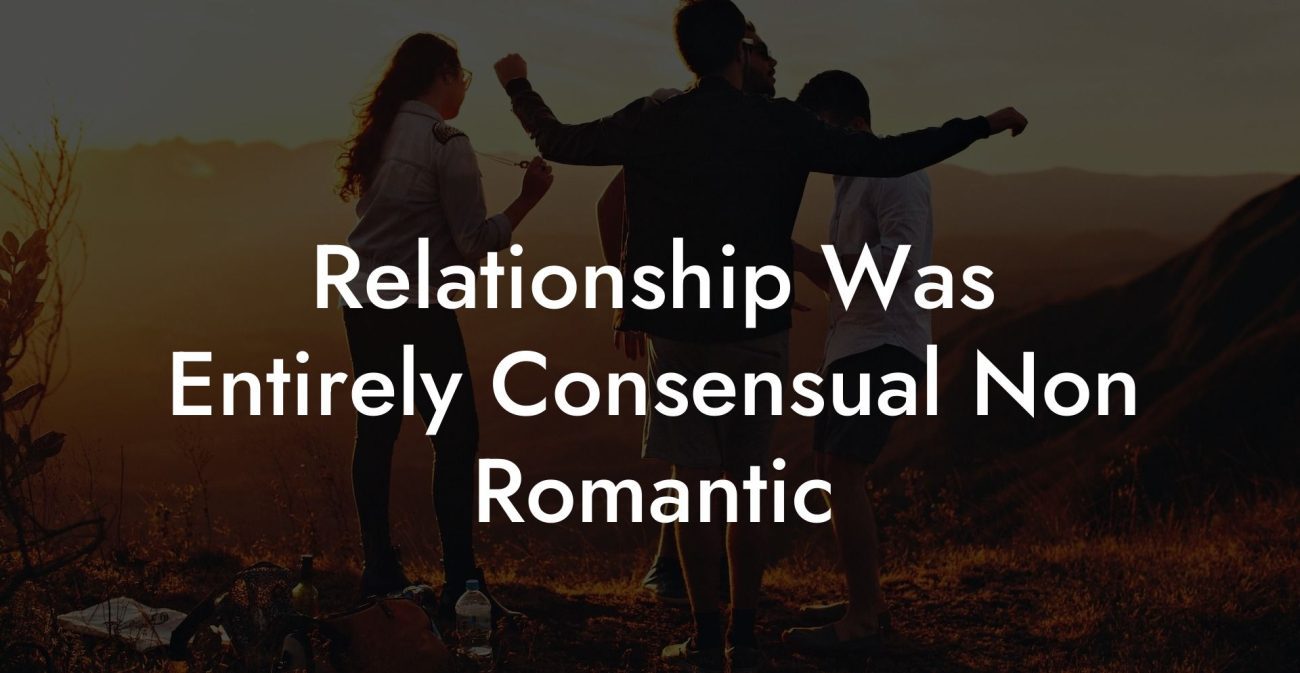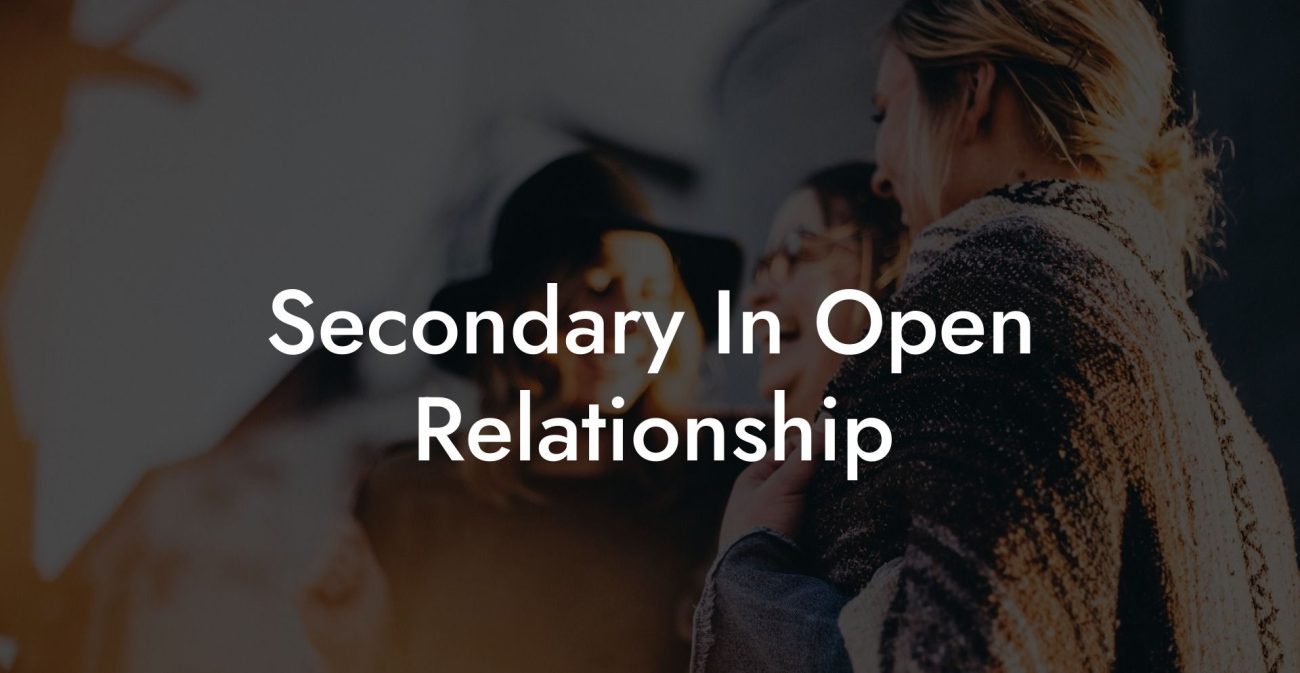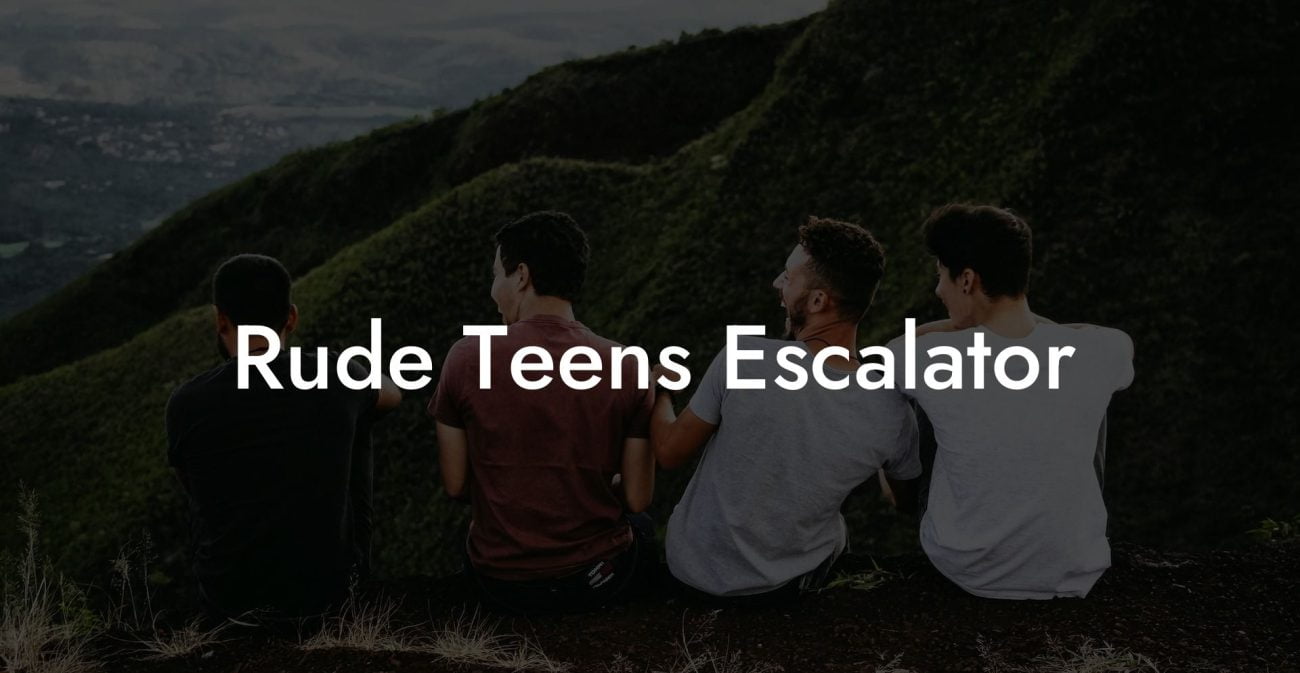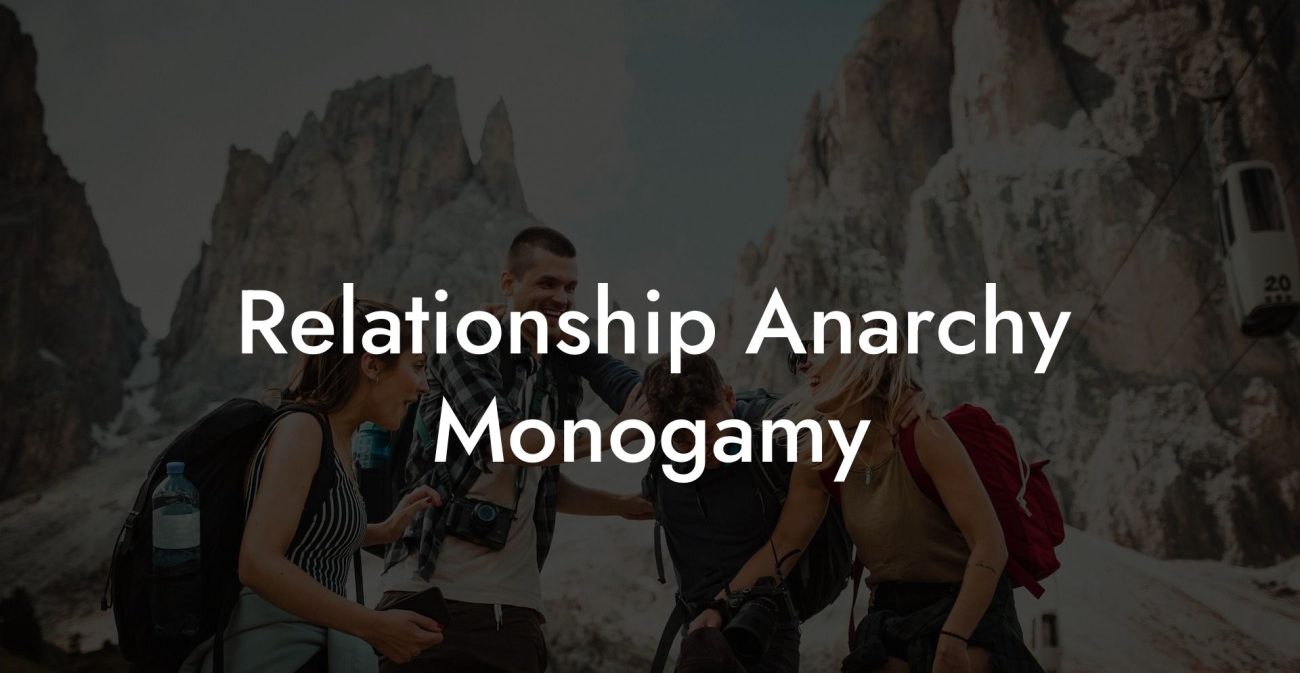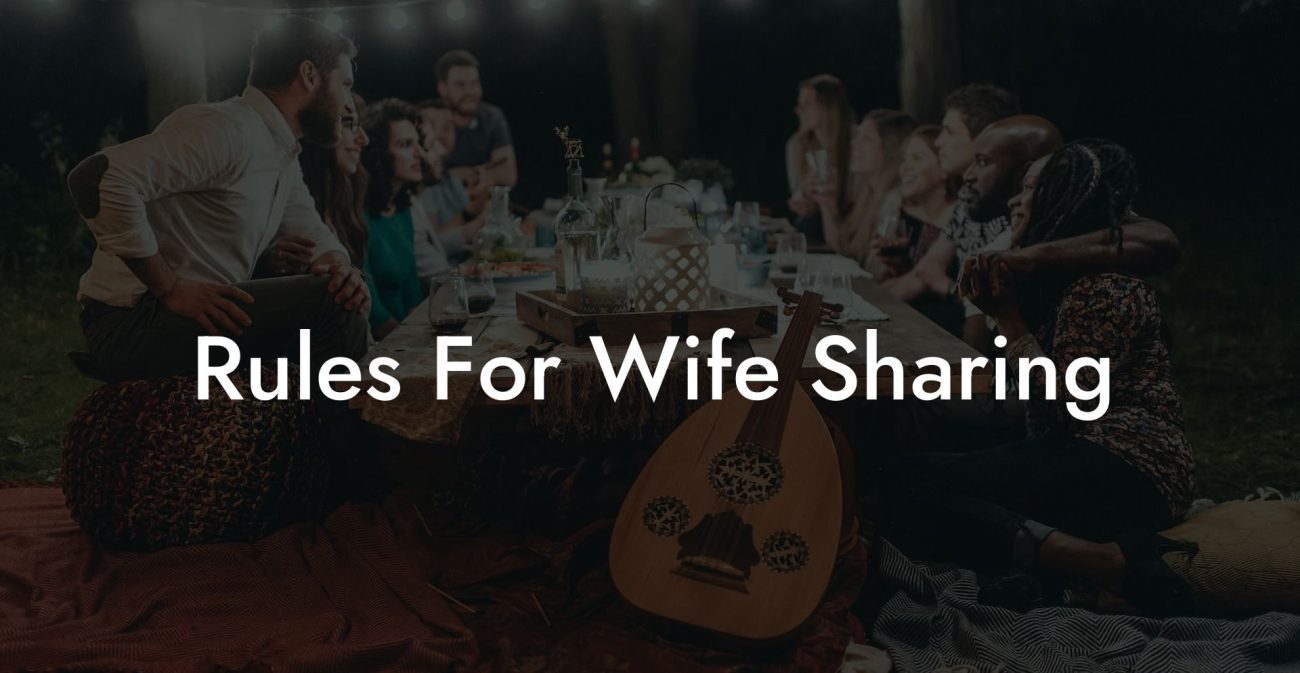Are you curious about the world of non-monogamous relationships, but feeling slightly overwhelmed by the variety of terms used to describe them? Fear not, you're not alone! It's common for people to be confused by the different labels, making it difficult to distinguish between them. In this post, we'll explore two of the most popular terms: polyamory and ethical non-monogamy, shedding light on their meaning and nuances to help you determine which one might be for you. Get ready to dive in, and remember – sharing is caring, so be sure to pass this guide along to your friends who could benefit from it!
What Is The Difference Between Polyamory And Ethical Non Monogamy Table of Contents
What Is The Difference Between Polyamory And Ethical Non Monogamy Example
First, let's start by defining the two terms in question.
Polyamory: Derived from the Greek and Latin words for "many" and "love," polyamory is a type of consensual non-monogamous relationship structure in which participants are free to have multiple romantic and/or sexual partners. People involved in polyamorous relationships often practice open communication, honesty, and emotional intimacy with all their partners.
Ethical Non-Monogamy (ENM): This is a more general term that refers to any type of non-monogamous relationship that is consensual, transparent, and respectful of all parties involved. It includes various relationship models, such as polyamory, open relationships, and swinging. The key aspect of ethical non-monogamy is the emphasis on acting ethically and responsibly within the context of multiple romantic and/or sexual relationships.
Now that we have a basic understanding of the terms, let's delve into the differences between polyamory and ethical non-monogamy.
1. Relationship Focus
While polyamory is a relationship structure that specifically involves multiple romantic and/or sexual connections, ethical non-monogamy is an umbrella term that encompasses various types of non-monogamous relationships. This means that while all polyamorous relationships fall under the ethical non-monogamous umbrella, not all instances of ethical non-monogamy are necessarily polyamorous.
2. Emotional Connections
One of the main differences between polyamory and other forms of ethical non-monogamy is the focus on emotional intimacy. Polyamorous individuals often place great importance on building deep, loving connections with multiple partners, while other non-monogamous relationships may emphasize sexual encounters without the need for emotional ties.
What Is The Difference Between Polyamory And Ethical Non Monogamy Example
To illustrate the differences between polyamory and ethical non-monogamy, let's look at two hypothetical couples, Alice and Bob, and Carol and Dave.
Alice and Bob are in a polyamorous relationship with each other, as well as other partners. They have open and honest communication about their feelings, needs, and desires with all their partners. They are supportive and celebrate each other's successes in their various romantic and sexual connections.
On the other hand, Carol and Dave are in an open relationship where they are free to explore sexual encounters with other people but remain emotionally committed only to each other. They ensure that their pursuits are consensual and respectful to everyone involved. This is an example of ethical non-monogamy.
In both examples, the individuals operate within a consensual and ethical framework, yet the nature of their relationships and connections differs based on the specific type of non-monogamy they practice.
With a better understanding of the distinctions between polyamory and ethical non-monogamy, you can now navigate this complex world of non-traditional relationships more confidently. Remember that the most crucial aspect is to prioritize communication, consent, and respect in all your connections, whether monogamous or non-monogamous. We hope this guide has served as a valuable resource for you, and we encourage you to share it with others who may be interested in exploring the diverse landscape of human relationships. Don't forget to check out other posts on The Monogamy Experiment for even more guidance and support in your journey!

